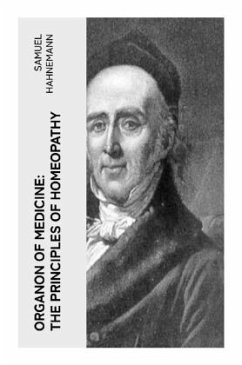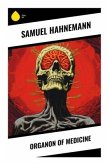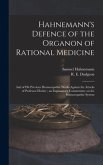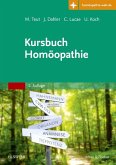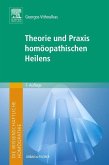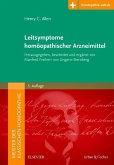In "Organon of Medicine: The Principles of Homeopathy," Samuel Hahnemann meticulously delineates the foundational principles of homeopathic medicine, framing it within a rational and empirical approach to healing. Written in a clear, methodical style, this seminal text integrates philosophical reflections with practical guidelines for the application of homeopathy, emphasizing the importance of treating the individual rather than merely the disease. Hahnemann's work stands as a nexus point in the evolution of alternative medicine, challenging the prevailing methodologies of his time and offering a paradigm that highlights the delicate interplay between mind and body in health and illness. Samuel Hahnemann, a German physician born in 1755, was deeply influenced by the burgeoning ideas of Enlightenment rationalism and the limitations he perceived in contemporary medical practices. His own experiences with traditional medicine and his linguistic prowess facilitated a profound inquiry into the nature of disease and healing, ultimately leading him to develop homeopathy as a responsive, patient-centered approach. His commitment to scientific rigor and ethical practice reflects an era seeking holistic understanding, marking him as a precursor to modern integrative health philosophies. "Organon of Medicine" is essential reading for anyone interested in the evolution of medical thought and practice. Hahnemann's insights not only resonate with those who seek alternative healing practices but also engage practitioners and scholars committed to understanding the full spectrum of therapeutic methodologies in modern medicine. This work is not just a historical document; it is a vibrant invitation to explore the interplay between tradition and innovation in the pursuit of health.
Bitte wählen Sie Ihr Anliegen aus.
Rechnungen
Retourenschein anfordern
Bestellstatus
Storno

